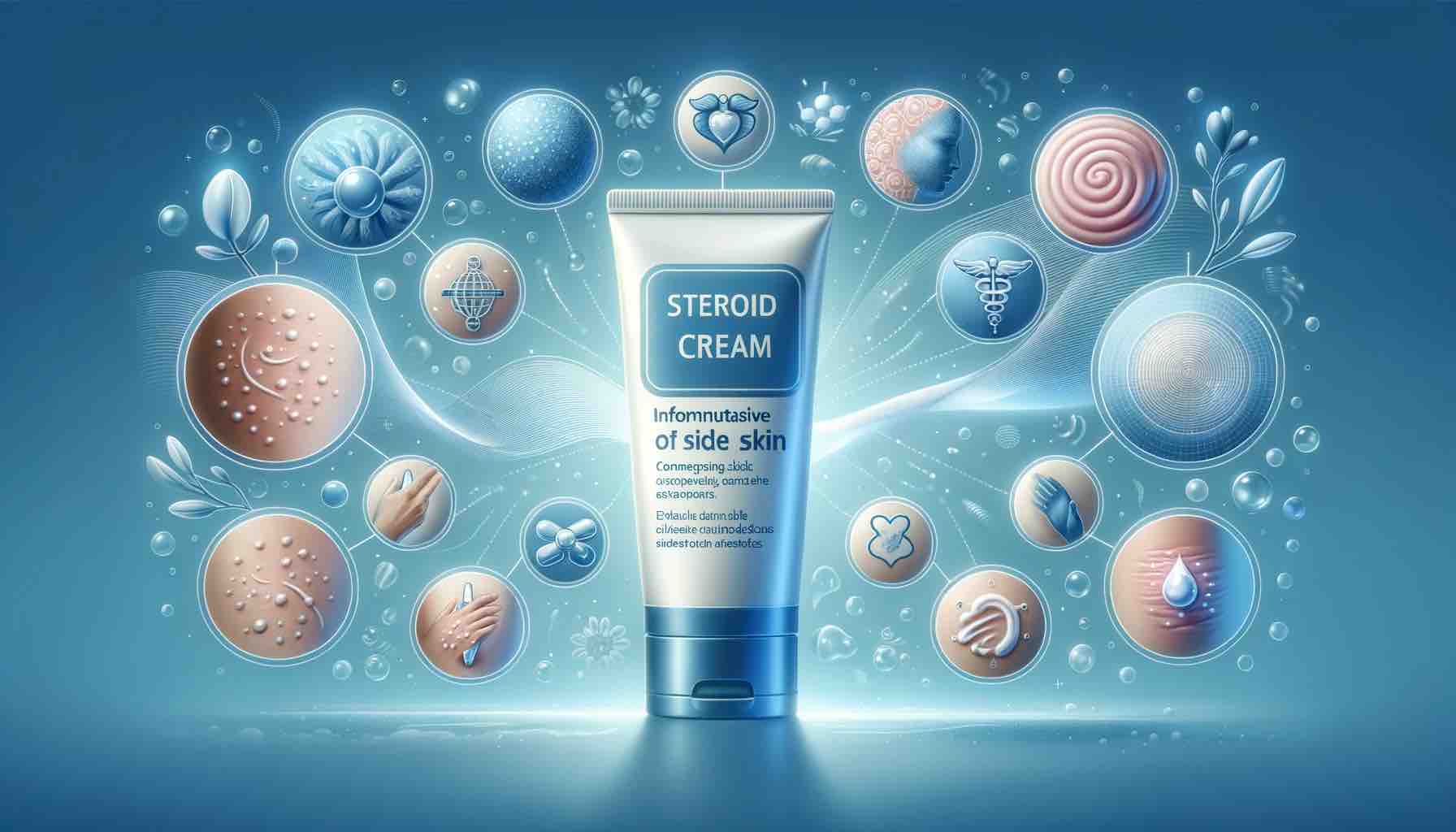
Introduction
Eczema, a condition marked by inflamed and itchy skin, can be a persistent struggle for many. Various factors, including diet, play a crucial role in managing eczema symptoms. Dr. Chanu Dasari, a gut health expert, shares valuable insights into foods that often trigger eczema and how one can optimize their diet to manage the condition better. In his detailed video, Dr. Dasari discusses the significance of diet in managing immune inflammation and offers practical advice on foods to avoid and other strategies to manage eczema symptoms effectively.
📺 Watch the full video here: 4 Common Foods that Make Eczema Worse [AVOID THIS]: Gut Health Expert
Key Takeaways from Dr. Dasari’s Discussion
- Food Journaling: Keeping a record of food intake and symptoms is crucial. Apps like Cara and MyFitnessPal can be helpful tools for tracking progress over time.
- Foods to Avoid: Certain foods repeatedly emerge as triggers for eczema. Dr. Dasari discusses four specific food groups that often contribute to immune inflammation and eczema.
- Digestive Enzymes: The incorporation of digestive enzymes in the diet is discussed, along with tips on planning an approach to address eczema inflammation.
Further Reading
- Tea Tree Oil and Eczema: A Natural Remedy Explored
- Apple Cider Vinegar and Eczema
- Side Effects of Steroid Creams for Eczema
- Biologics for Eczema: A New Era of Eczema Treatment
Detailed Insights
Dr. Dasari emphasizes the uniqueness of each individual’s tolerance to different foods. He recommends maintaining a food journal to monitor the relationship between food intake and eczema severity. He also discusses the role of digestive enzymes and provides a nuanced take on optimizing diet to manage eczema symptoms.
Conclusion
Dr. Dasari’s insights offer a practical guide to understanding and managing the dietary aspects of eczema. His approach, centered around mindful observation of one’s diet and its impact, provides a pathway to managing eczema symptoms more effectively.
FAQs
- What are some common foods that trigger eczema as per Dr. Dasari? Dr. Dasari mentions that certain foods can act as triggers for eczema. However, he emphasizes the importance of individual variation and encourages keeping a food journal to identify personal triggers.
- How does Dr. Dasari recommend managing diet to improve eczema symptoms? Dr. Dasari suggests maintaining a food journal to understand the correlation between diet and eczema flare-ups. He also discusses the potential benefits of incorporating digestive enzymes into the diet.
- What tools does Dr. Dasari recommend for tracking diet and eczema symptoms? Dr. Dasari recommends using apps like Cara and MyFitnessPal to keep a detailed record of food intake and monitor its impact on eczema symptoms.
- Does Dr. Dasari suggest any specific dietary supplements for managing eczema? Dr. Dasari discusses the potential role of digestive enzymes in managing eczema symptoms, suggesting that they might be a beneficial addition to the diet.
- How does Dr. Dasari emphasize the role of individual variation in dietary triggers for eczema? He stresses that each person’s tolerance to different foods is unique, and hence, a personalized approach based on observation and journaling is essential.
- What is the significance of digestive enzymes in managing eczema according to Dr. Dasari? Dr. Dasari discusses how digestive enzymes can play a role in optimizing digestion and potentially helping in managing eczema symptoms.
- How can one identify their specific food triggers for eczema? Dr. Dasari encourages the practice of food journaling to identify and understand personal food triggers that may exacerbate eczema symptoms.
- What is the main takeaway from Dr. Dasari’s discussion on diet and eczema? The main takeaway is the importance of a personalized approach to diet, understanding individual triggers, and considering the role of digestive enzymes in managing eczema.
- Does Dr. Dasari recommend any specific apps for food journaling? Yes, he recommends apps like Cara and MyFitnessPal for effective food journaling to track the relationship between diet and eczema symptoms.
- Where can one watch the full video of Dr. Dasari discussing diet and eczema? The full video by Dr. Dasari can be watched here, where he provides detailed insights into managing eczema through diet.
Blog Tags
eczema, diet, Dr. Chanu Dasari, gut health, food triggers, immune inflammation, digestive enzymes
Further Reading and Resources
Navigating through the journey of eczema treatment requires a comprehensive understanding and exploration of various approaches and remedies. Here are some curated articles that delve into different aspects of managing eczema effectively:
- Dive into the therapeutic potentials of tea tree oil as a natural remedy for eczema. This article explores its benefits, application methods, and considerations to enhance your eczema management strategies.
- Discover the role of apple cider vinegar in soothing eczema symptoms. Learn about its application, benefits, and how it can be integrated into your eczema care routine.
- Gain insights into the considerations and side effects associated with the use of steroid creams in managing eczema. Equip yourself with knowledge to make informed decisions in your treatment journey.
- Explore the revolutionary role of biologics in eczema treatment. Understand their mechanism, benefits, and what to expect when considering biologics as a treatment option.
Each article offers valuable perspectives and information, aiming to support and guide you through various facets of eczema treatment and care.













